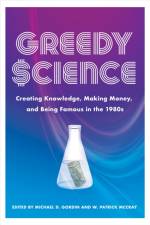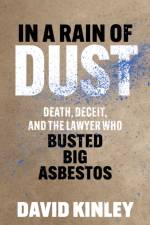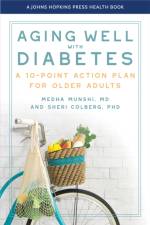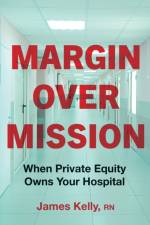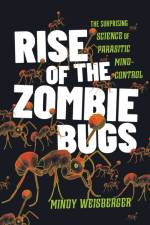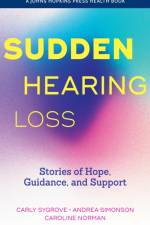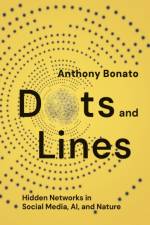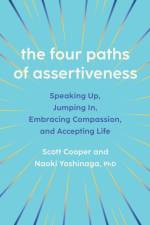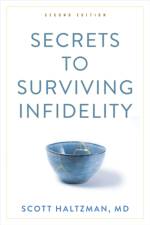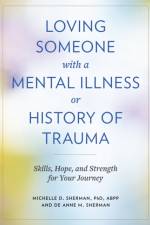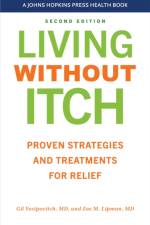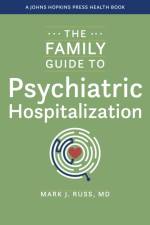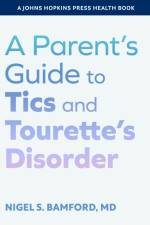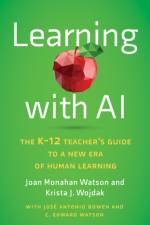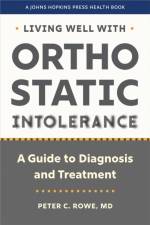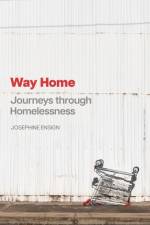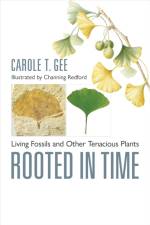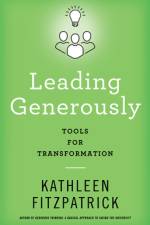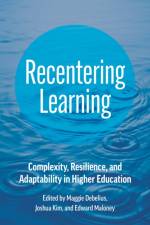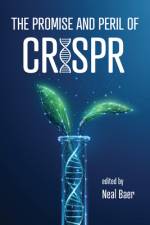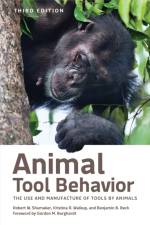av Neal Baer
715,-
A timely collection of essays on the pressing possibilities and risks of gene-editing technology.Scientists and genetic engineers are becoming increasingly adept at editing the human genome. How far can--and should--they go in editing future generations? In The Promise and Peril of CRISPR, editor Neal Baer brings together a timely collection of essays by influential bioethicists, philosophers, and geneticists to explore the moral, ethical, and policy challenges posed by CRISPR technology.We are at a technological and ethical crossroads in grappling with the impacts of genetic editing. Gene-editing technology holds the promise of curing more than 7,000 known genetic diseases. Yet with that promise comes the peril of using CRISPR to edit the human genome, which could not only lead to manipulating human evolution, but also to creating and releasing pathogens capable of wreaking havoc on human, animal, and plant life. Although CRISPR has already cured several genetic diseases, it could also be used to design biological weapons or to edit the embryos of people who can afford to purchase genetic "enhancements" for their children. What role can and should the public play in discussing the far-reaching implications of gene editing? What oversights should be put in place to prevent a rogue scientist from engineering another baby - as was recently done with twins in China?Essay contributors offer informed predictions and guidelines for how the uses of CRISPR today will affect life in the future. Decisions we make now may have unpredictable consequences for future generations. For anyone concerned about the uses and potential abuses of gene editing, these essays provide a critical and comprehensive discussion of the central issues surrounding CRISPR technology. Contributors: Florence Ashley, R. Alta Charo, Marcy Darnovsky, Kevin Doxzen, Rosemarie Garland-Thomson, Gigi Kwik Gronvall, Jodi Halpern, Katie Hasson, Andrew C. Heinrich, Jacqueline Humphries, J. Benjamin Hurlbut, Ellen D. Jorgensen, Peter F. R. Mills, Carol Padden, Marcus Schultz-Bergin, Robert Sparrow, Sandra Sufian, Krystal Tsosie, Ethan Weiss, Rachel M. West

